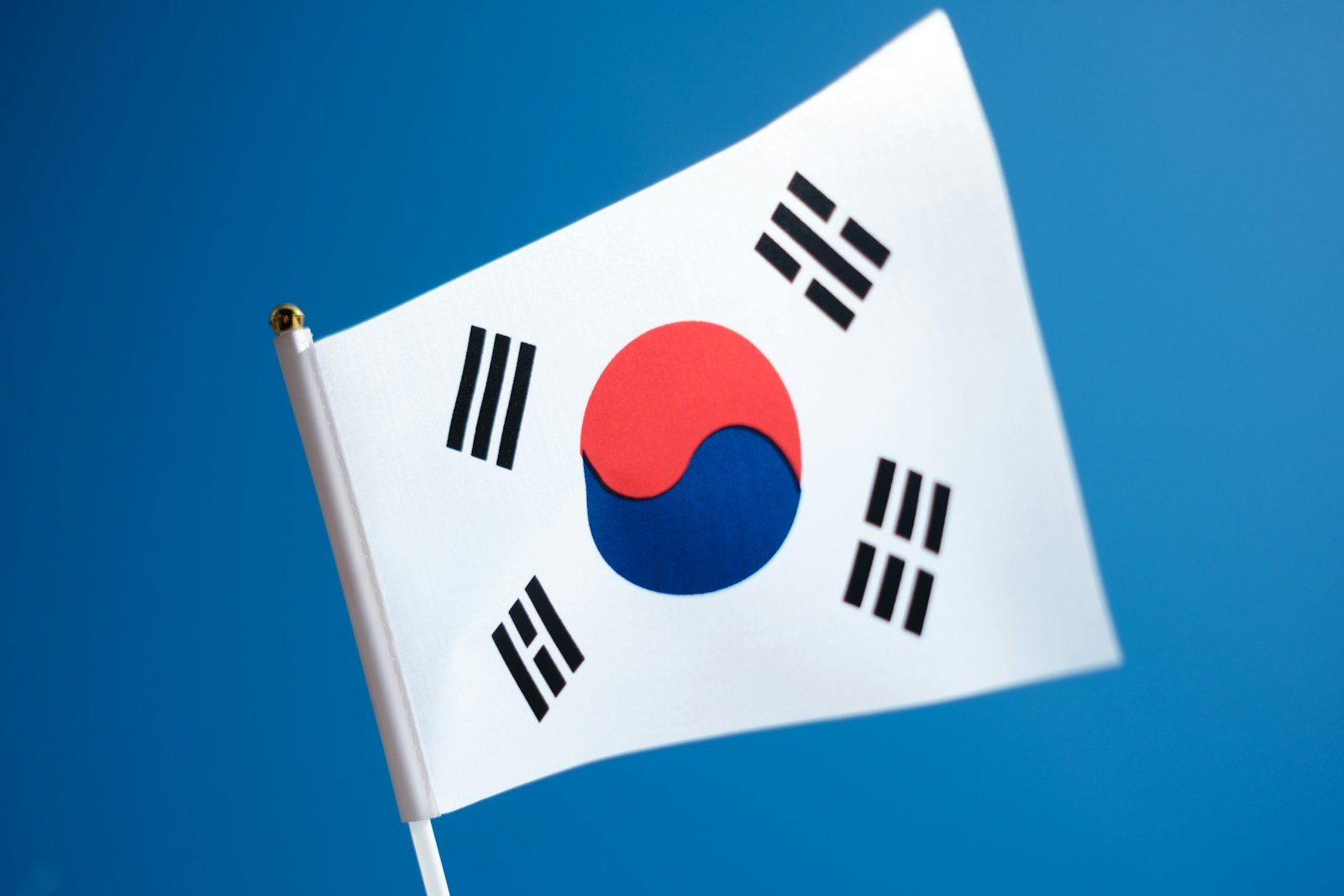Key Takeaways:
- Opposition candidate Lee Jae-myung campaigns in a bullet-proof vest due to rising threats.
- South Korea’s political climate has become increasingly tense and volatile.
- The country is recovering from recent turmoil, impacting its political stability.
- Security measures for politicians have reached unprecedented levels.
A Look at Lee Jae-Myung’s Campaign
South Korea’s political scene has taken a dramatic turn. Lee Jae-myung, a leading opposition candidate, has been making headlines for his unusual campaign style. Unlike typical election rallies, Lee’s events are marked by heavy security. At a recent rally, he arrived at the podium wearing a bullet-proof vest. Around him stood close protection officers, their hands gripping ballistic briefcases ready to shield him at a moment’s notice. Even as he spoke to the crowd, he stood behind bullet-proof glass, with extra guards stationed on rooftops to monitor the area.
This is not the South Korea many people are familiar with. The country, known for its vibrant democracy and peaceful elections, is now grappling with a very different reality. The heightened security reflects the growing tensions in the political landscape. What’s behind this dramatic shift?
Why the Extra Security?
The need for such extreme security measures is rare in South Korean politics. But recent events have created an atmosphere of fear and uncertainty. The country is still recovering from a period of significant instability, which has left its political environment on edge.
Lee Jae-myung’s campaign has been particularly targeted. As a prominent opposition figure, he has faced intense scrutiny and even threats. The protective gear and heavy security detail are not just for show; they are a response to genuine concerns about his safety.
This level of protection is a stark reminder of how volatile South Korea’s current political climate has become. The once-peaceful democratic process is now overshadowed by fear and intimidation.
What’s Happening in South Korea?
South Korea has long been a symbol of democracy and stability in Asia. But recent events have shaken the nation. The aftermath of martial law has left deep scars, and the political system is struggling to recover.
The current elections are taking place in a charged environment. Politicians are facing unprecedented challenges, from public backlash to direct threats. Lee Jae-myung’s campaign is just one example of how tense things have become.
The rise of extremism and political violence has become a growing concern. Many citizens are worried about the direction their country is heading. The international community is also watching closely, as South Korea’s stability is crucial for regional peace.
Implications for South Korea’s Democracy
The use of bullet-proof vests and armed guards at political rallies raises serious questions about the state of democracy in South Korea. How can a country known for its robust democratic institutions feel so unsafe?
The Answer lies in the deeper issues plaguing the nation. Years of political turmoil, corruption scandals, and social unrest have eroded trust in the system. Many citizens feel disconnected from their leaders, and frustration has turned to anger.
For Lee Jae-myung and other politicians, the risk of violence is real. But the broader concern is for the health of South Korea’s democracy. If political leaders cannot campaign safely, what does that mean for the future of the country?
A Nation on Edge
South Korea is at a crossroads. The upcoming elections are not just about choosing leaders; they are about defining the future of the nation. Will the country find a way to heal its divisions and restore stability? Or will the tensions boil over into further chaos?
The images of Lee Jae-myung in a bullet-proof vest are a powerful symbol of the challenges ahead. They remind us that democracy is fragile and must be protected.
As the election approaches, all eyes are on South Korea. The world hopes for a peaceful and fair outcome, one that will set the country back on the path to prosperity and stability.
Conclusion: South Korea’s current political climate is a far cry from its usual self. The sight of a leading candidate campaigning in a bullet-proof vest highlights the growing tensions and risks. As the nation struggles to recover from recent turmoil, the world watches with bated breath. The outcome of these elections will not only shape South Korea’s future but also send a message about the resilience of its democracy. Will the country find a way to overcome its challenges? Only time will tell.
